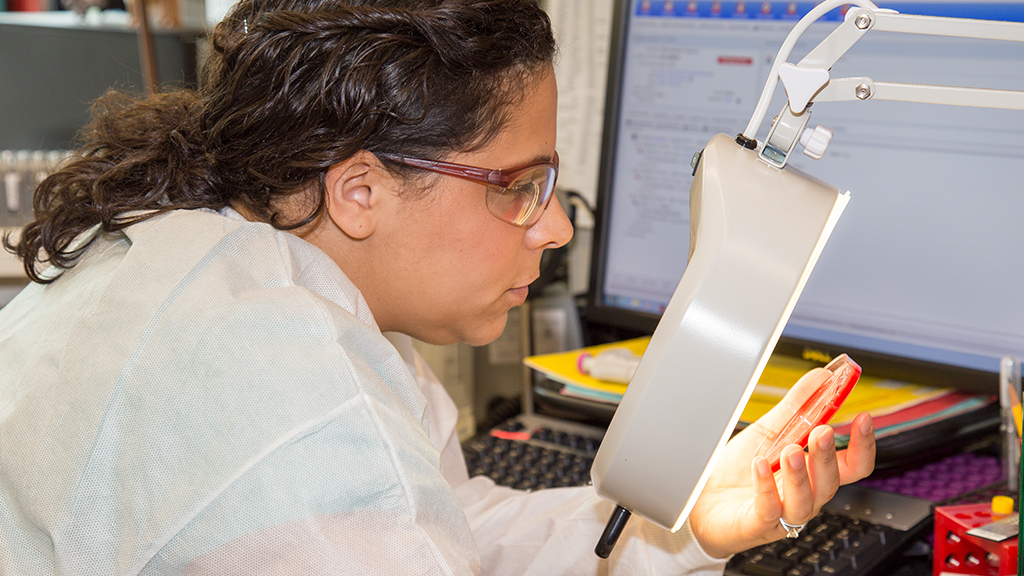How Diagnostic Testing Benefits Dogs and Cats
How Diagnostic Testing Benefits Dogs and Cats
Blog Article
Keeping your pets healthy, regular veterinary testing makes a big difference. Veterinary laboratories assist in diagnosing illnesses for our beloved pets.
Through this guide, we’ll discuss the impact of veterinary testing and review common procedures.
Understanding Veterinary Labs for Pets
Labs focused on animal health examine biological specimens to guide treatment plans. These labs rely on specialized equipment to ensure accurate results.

Key roles of veterinary labs include:
- Identifying problems before they worsen: Improves recovery chances.
- Monitoring ongoing conditions: Helps vets adjust treatments.
- Testing the success of interventions: Boosts recovery rates.
Essential Pet Health Exams
Animal health labs conduct various tests to assess medical conditions. Frequently performed tests include:
- Hematology screens: Evaluate overall health.
- Urinalysis: Identify kidney problems.
- Stool analysis: Ensure proper gut function.
- Sensitivity screens: Improve coat health.
- Advanced imaging scans: Identify hidden abnormalities.
Why Routine Exams Are Important for Pets
Routine lab work is a critical part of pet ownership. By identifying potential problems early, vets can create effective treatment plans.

The value of regular diagnostics include:
- Enhanced quality of life: Providing ongoing support helps pets live longer.
- Financial benefits of early detection: Minimizing long-term expenses saves resources down the road.
- Closer connection through care: Feel secure in their care plan.
laboratório de análises clínicas veterinária preventiva
laboratorio de microbiologia veterinaria
Why Testing is Key for Dogs and Cats
Veterinary laboratories provide vital support to vets in giving them the best care possible. Through consistent diagnostics, you protect them from preventable illnesses.
Talk to your veterinarian about testing options to ensure their health for years to come!
Report this page